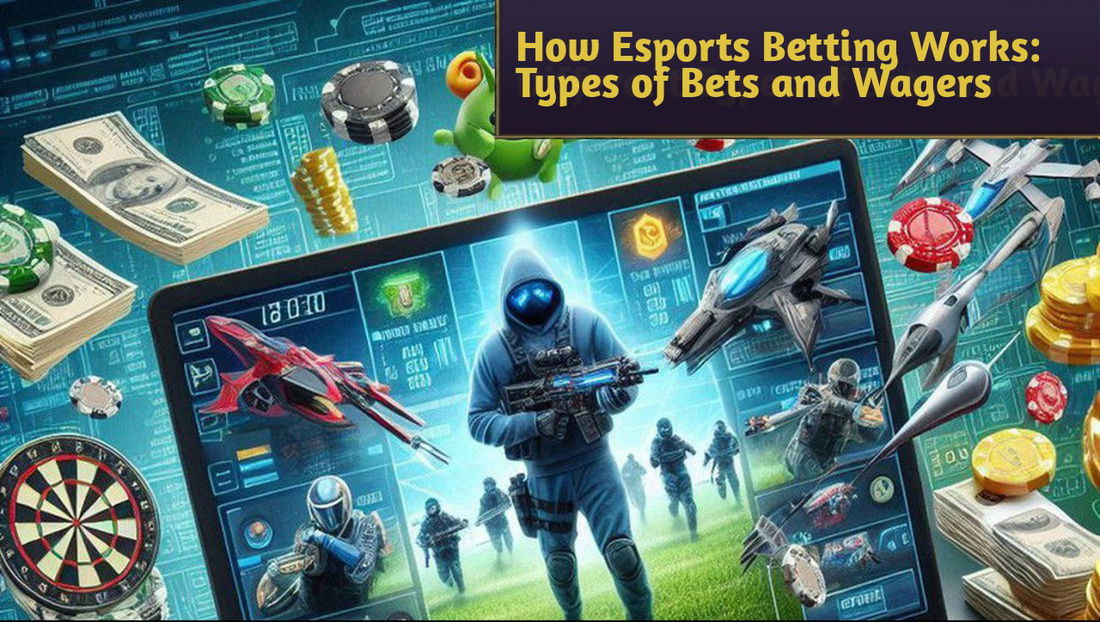One of the most misunderstood aspects of online casino games is the Random Number Generator (RNG). How do you know that the games you’re playing are truly random and fair? Is the software rigged in favor of the house? These are questions that many players ask, and rightfully so. In this article, we’ll dive into RNGs, exploring how they work and why trust and transparency are paramount in the EU’s online casino landscape.
How RNGs Work in Online Casinos
A Random Number Generator (RNG) is the backbone of all online casino games. Whether you're spinning the reels on a slot machine, drawing cards in blackjack, or rolling the dice in craps, the RNG ensures that each outcome is completely random and unpredictable. But what exactly does that mean? An RNG is an algorithm designed to produce a sequence of numbers with no discernible pattern, mimicking the randomness of real-world gambling.
In traditional, land-based casinos, randomness is created naturally—shuffling a deck of cards or spinning a roulette wheel. But in the digital world, there are no physical objects to shuffle or spin, so casinos rely on RNG software to replicate these random events. The algorithm generates thousands of numbers per second, even when no one is playing. When you hit "spin" or "deal," the RNG selects a number from the current sequence, which determines the outcome of your game. For example, the selected number might correspond to a specific combination of symbols in a slot game.
However, the concept of randomness in a digital environment often leads to suspicion. Some players believe that online casinos can manipulate the RNG to favor the house, but in the European Union, this is heavily regulated. Licensed casinos must use RNG software that is tested and certified by independent auditing firms. These tests ensure that the software adheres to strict fairness standards, meaning players can trust their chances of winning are as good as in a land-based casino. However, trust can only be earned if transparency is part of the equation.
The Role of Licensing and Independent Auditing in the EU
In the European Union, online gambling is a regulated industry, and the use of RNGs in online casinos is no exception. All licensed online casinos must adhere to strict regulations designed to protect players and maintain the integrity of the games. The licensing bodies in the EU, such as the Malta Gaming Authority (MGA) or the UK Gambling Commission (UKGC), require that online casinos undergo regular audits to ensure that their RNG software is functioning fairly and transparently.
These audits are conducted by independent testing labs, such as eCOGRA, iTech Labs, or GLI (Gaming Laboratories International). These labs rigorously test the RNG software to verify that the outcomes it generates are genuinely random and not influenced by any external factors. They also check to ensure that the house edge is consistent with the advertised odds of the game, meaning players are not being cheated out of potential winnings. Once the casino’s software passes these tests, it receives a certification, often displayed on its website for players to review.
Transparency plays a crucial role here. Licensed EU online casinos must make their certification information readily available, allowing players to verify that the games they’re playing are fair. In addition, some casinos provide return-to-player (RTP) percentages for each game, which indicates how much money the game pays out in the long term. For example, a slot machine with an RTP of 96% means that, over time, the game will return 96 euros for every 100 euros wagered. When a casino offers clear, accessible information about its software and odds, it helps build trust between the platform and its players.
Despite these regulations, not all online casinos operate with the same level of transparency. Some shady operators may try manipulating their software or avoid proper auditing altogether. This is why it’s critical for players to only gamble on licensed platforms. Playing on an unlicensed or rogue site puts your money at risk, as there’s no way to verify whether the RNG is working properly or if the games are rigged. Sticking to well-regulated and transparent casinos is the best way to ensure a fair gaming experience for EU players.
Why Transparency and Trust Matter for Players
When you’re gambling online, especially with real money, trust is everything. Players who aren’t confident that the games are fair won’t stick around for long. In the digital age, where so much of our lives are governed by algorithms, people are understandably wary of what they can’t see or understand. This is why transparency about RNGs and casino software is essential—it reassures players that the outcomes of their games are based on chance, not manipulation.
Transparency isn’t just about showing certifications and audits; it’s about creating an open dialogue between the casino and the player.
Many reputable EU online casinos go the extra mile by providing detailed information about how their games work, including the role of the RNG, the house edge, and even the variance of certain games. Variance refers to how often and how much a game pays out. High-variance games, like progressive jackpot slots, may pay out less frequently but offer larger prizes, while low-variance games offer smaller, more frequent payouts. When players understand these mechanics, they can decide where and how to bet their money better.
Moreover, casinos that value transparency often provide educational resources to help players understand the odds and strategies involved in different games. This builds trust because it shows that the casino isn’t just trying to take your money—they’re offering a fair playing field where everyone can win. This level of openness can make a difference in an industry that's often viewed with suspicion.
Of course, transparency also means players can easily identify bad actors. If an online casino doesn’t provide clear information about its RNG software, licensing, or payout rates, that should raise red flags. Legitimate casinos have nothing to hide and will go out of their way to prove their credibility. Conversely, rogue operators often rely on confusion and opacity to exploit players, making it harder for them to understand how the games work or whether they’re being treated fairly.
The Random Number Generator (RNG) is a critical piece of software in online casinos, ensuring that every game is fair, random, and unpredictable. For players in the European Union, understanding how RNGs work and verifying that the software is trustworthy are key to a positive gaming experience when choosing the best European online casinos for you.
Licensed online casinos, backed by independent audits and certifications, offer transparency that helps build trust between players and platforms. When casinos provide clear information about their software, odds, and fairness measures, players can feel more confident that their game isn’t rigged against them. At the end of the day, trust and transparency go hand-in-hand, and both are essential for the continued success of online gambling in the EU.










— 评论 0
, 反应 1
成为第一个发表评论的人